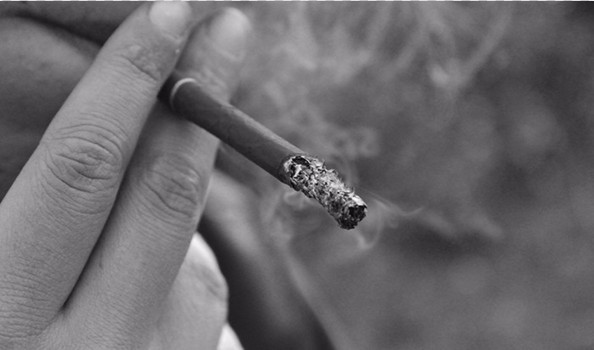The snuff and allergy, a bad combination

In the 'World No Snuff Day' we take to share some information that probably had not considered. You know that smoking can aggravate the symptoms of seasonal allergies? The harmful effects of snuff on our health do not stop at those we see blackened lungs on cigarette packets of snuff, or the increased risk of cancer.
Smokers who have allergies that are revealed through nasal congestion, sneezing or conjunctivitis suffer a considerable sharpening of these symptoms. This is due to the nearly 5,000 chemicals contained in the smoke of snuff and irritate the airways, which prevents the immune system to fight allergens to prevent them from entering the body. But, in addition, smoking also reduces the effects of any allergy medicine or preventive vaccine.
And what about passive smokers also suffer respiratory allergies? well more of the same. Indirect exposure to smoke snuff also facilitates reactions such as nasal congestion, sneezing, eye irritation or even a worsening of asthma episodes. Yes, the incidence of these effects in allergic nonsmokers is less because they are not active smokers.
Therefore, for you and the people around you, the conclusion is obvious. If you are a smoker and suffer respiratory allergies, the advice we give you to improve your health is clear: stop smoking. If this is your case, perhaps the best time to leave the snuff either in the pre-arrival of spring weeks, which is the season when we suffer more allergic incidents. In any case, the best decision is not to wait for the field to flourish to give back to snuff.


